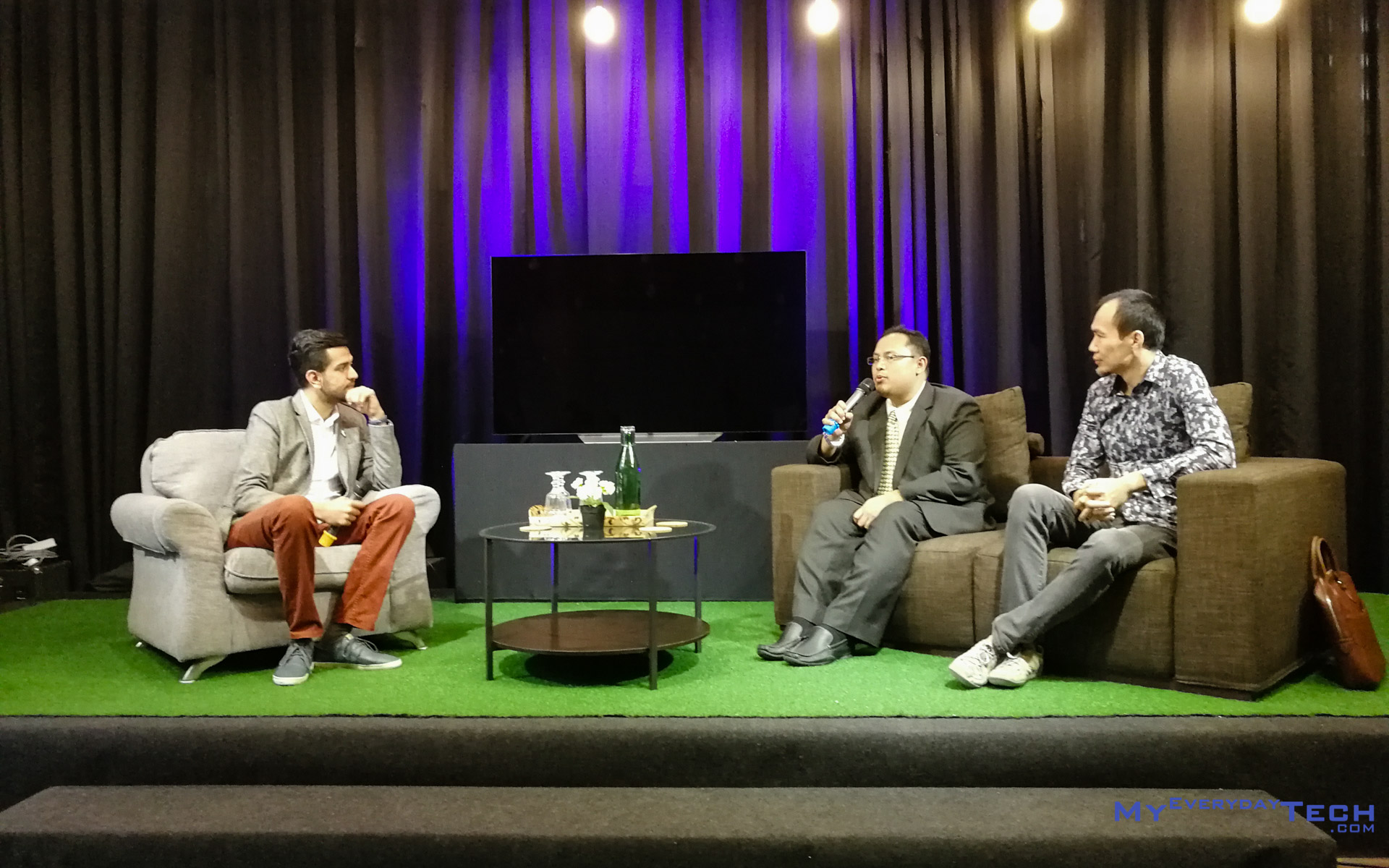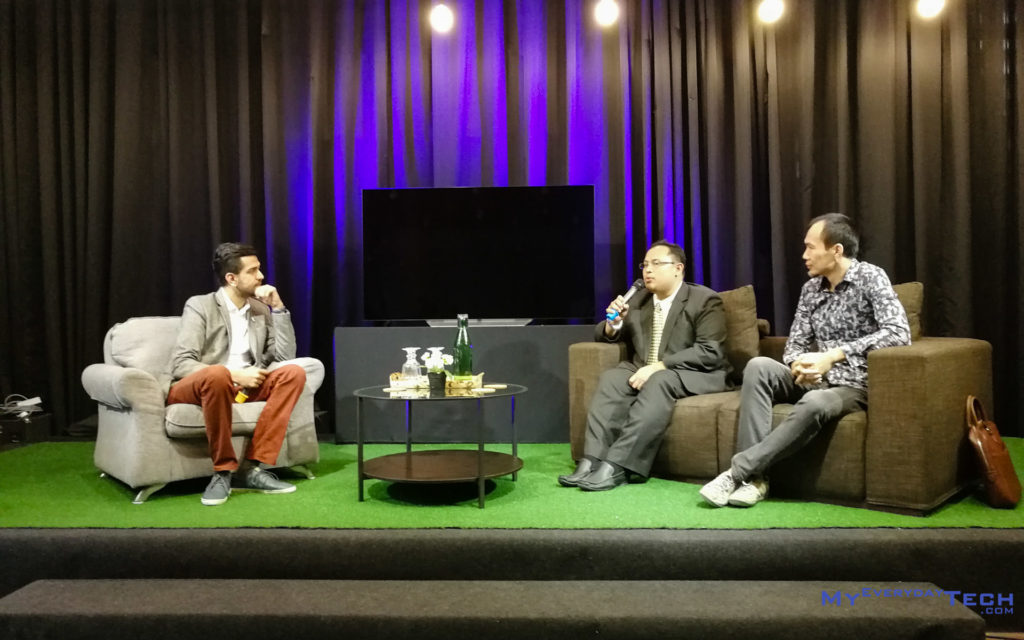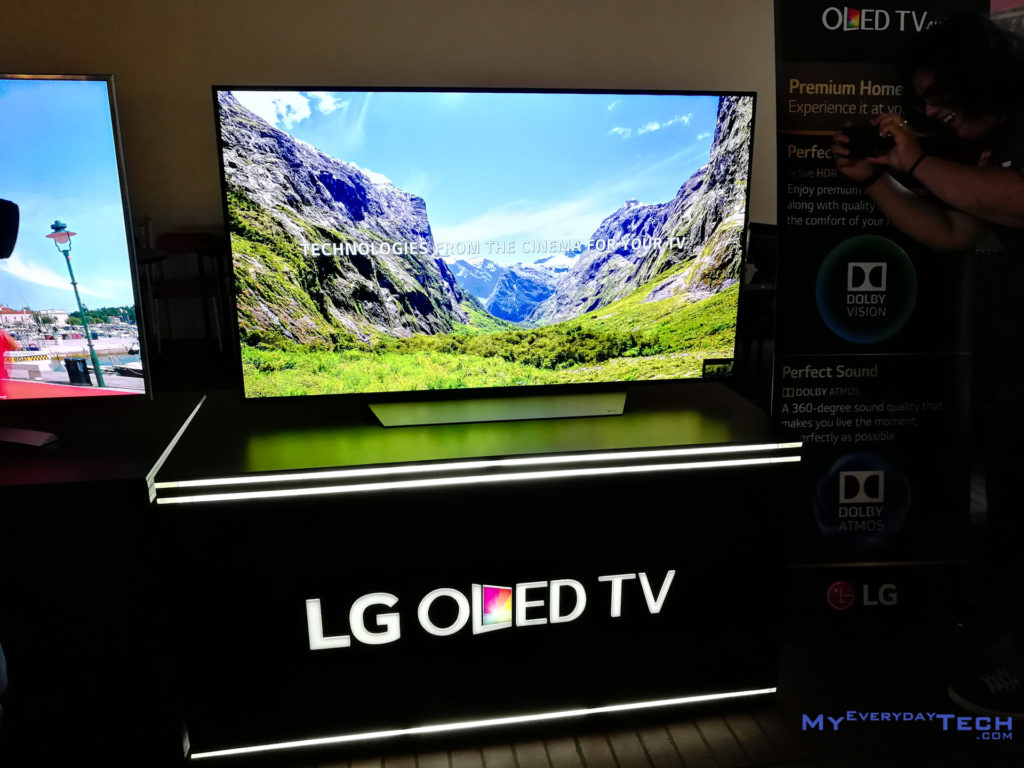Panel Talk: An Evolution of TV Display Technology

Evolution of Display Technology Panel Talk

Display technology has come a long way, especially the 2000s-era has seen the rise of the flat-panel displays which use LCD and LED display technologies to become common among general consumers. Today, LG has invited us for a panel discussion hosted by Jeff Sandhu from BFM Radio. The panel features industry experts’ – popular Malaysian digital filmmaker, James Lee, and Professor Dr Admad from Universiti Teknologi MARA (UiTM).

The panel shed light on:
- Technicality in TV manufacturing: Understanding the science behind TV displays
- Behind the scenes in film production: Coping with consumer demands and content display technology
- The creation of OLED display technology: The emergence of Organic light-emitting display from a history of LEDs and LCDs
Advancement of Display Technology
Everything started with the Cathode Ray Tube (CRT) where a vacuum tube contains one or more electron guns and a phosphorescent screen. Images are created by manipulating electrons beams onto the screen. These displays are extremely easy to identify because of the huge construction of the TV box.
Then we moved onto the LCD & LED display panels which depend on external illumination such as backlight to determine how much light can be transmitted through the pixel panel to display content.
Today, a new generation of the display panel is created. The organic light-emitting diode (OLED) display panel consists of thin films of self-lighting organic molecules switches on and off. As a result, this enables the delivery of Perfect Black through a much-improved contrast ratio, sharper images and vibrant colours.
How it affects the film industry?

Since the OLED panels are able to display the absolute black, theoretically speaking, it is capable of achieving an infinite level of contrast ratio. Since the film industry relies a lot on using black level as a benchmark in colour grading the videos, with the access to such technologies, film makers are able to produce contents which are true to life and matches with their initial vision.




